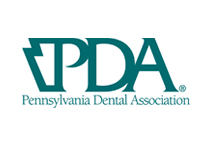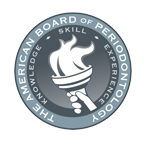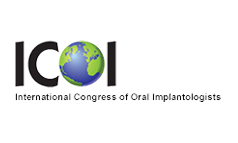You may not think much about your saliva, but it’s actually a crucial part of your digestive system. Not only does saliva aid in the taste, chewing, and digestion of food, but it also aids in the control of the natural bacteria and fungi that live in your As a provider of dental care in Trenton, NJ, and the surrounding communities, we understand that dry mouth (also known as xerostomia) can have a number of potentially serious consequences. Continue reading to learn more about dry mouth and how it can affect your overall oral health.
Dry Mouth Causes
While dehydration is the most common cause of short-term dry mouth, other medical conditions and treatments can also cause long periods of dry mouth. Dry mouth is a common side effect of many prescription drugs, and treatments such as chemotherapy can also reduce saliva production. Another cause is nerve damage, which can occur as a result of an injury or a stroke, as well as conditions such as diabetes, anemia, rheumatoid arthritis.
The Connection Between Dry Mouth and Oral Health Issues
A decrease in saliva production can make it difficult to taste, eat, and digest food. This can lead to malnutrition and aggravate conditions such as anemia, which can cause tooth loss. In addition, because saliva is responsible for washing away bacteria, fungi, and biofilm from the teeth and gums, a dry mouth can lead to an overgrowth that exacerbates gum disease, tooth decay, bad breath, and more.
If you have symptoms such as a persistent dry mouth, frequent thirst, mouth sores, bad breath, or a sore throat, it is critical that you contact your medical care team as soon as possible. Your dentist can advise you on how to care for your teeth.
Treatment and Prevention of Dry Mouth
While dry mouth is normal from time to time, if it becomes frequent or persistent, it could be a sign of more serious problems. In addition, if you are taking a prescription medication that is known to cause dry mouth, you will need to pay close attention to your saliva production
For infrequent dry mouth, drinking more water will usually help. The American Dental Association recommends using an over-the-counter saliva substitute, chewing sugar-free gum, and gently brushing your teeth twice a day if you have persistent dry mouth. Tobacco use, caffeine consumption, and eating sugary or acidic foods can all worsen dry mouth, so limiting or discontinuing your use of these substances is a good idea.









